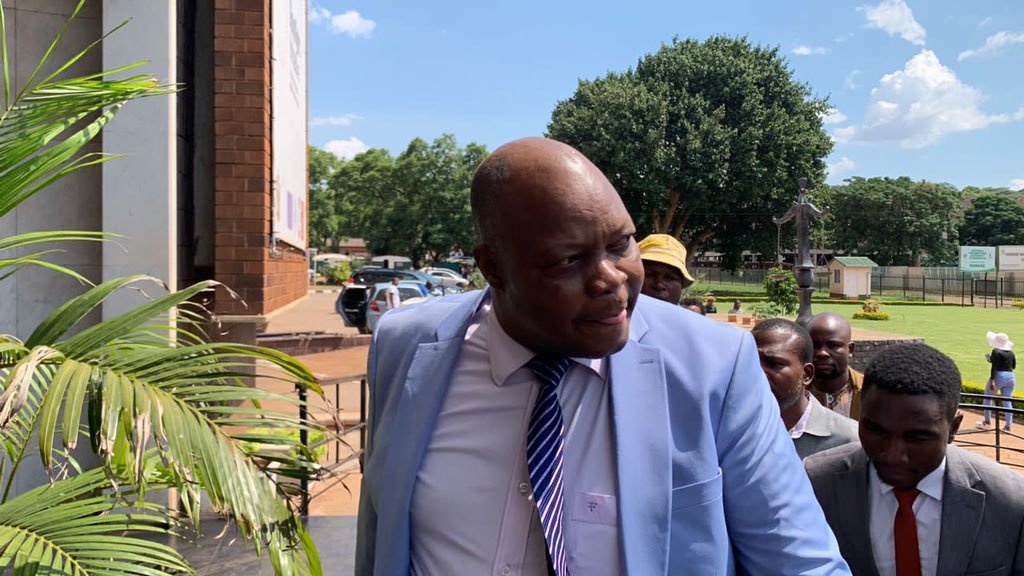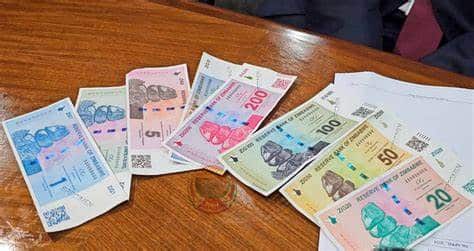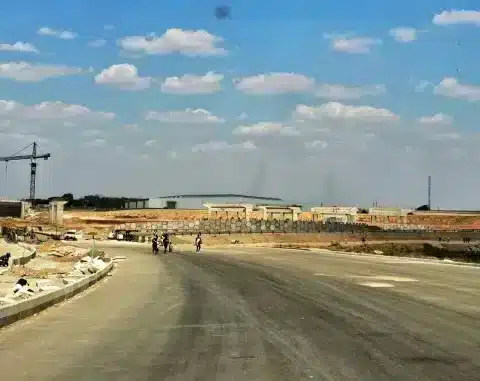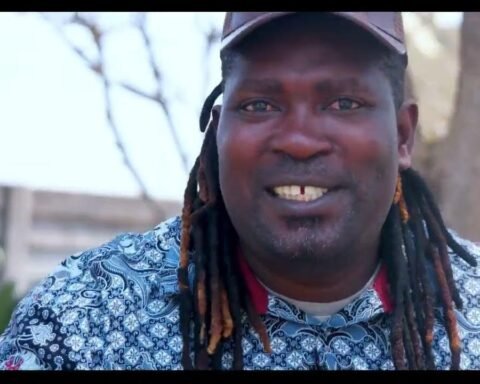High Court of Zimbabwe acquitted opposition politician Job Sikhala on charges of inciting violence and publishing falsehoods. Sikhala, who had been imprisoned for nearly two years, was released to a mix of jubilation and controversy.
The court’s decision is being hailed by some as a testament to the government’s adherence to the rule of law. “This acquittal demonstrates our judiciary’s independence and commitment to justice,” stated one government official. Supporters of Sikhala, including members of his party, celebrated the ruling as a long-overdue correction of an injustice.
However, the initial charges and subsequent trial have not escaped criticism. Many viewed the accusations as politically motivated, designed to silence a vocal critic of the government. “This was a clear case of persecution,” Sikhala claimed upon his release. “I have been targeted because I speak out against the wrongdoings of those in power.”
The acquittal has prompted calls for accountability regarding the substantial resources expended on his prosecution. Critics argue that the time and money could have been better spent addressing the pressing needs of Zimbabwean citizens. “This trial was a misuse of public funds,” one opposition member commented. “We need transparency and accountability for these actions.”
While Sikhala’s supporters celebrate what they see as a triumph for justice, others are using the occasion to renew their criticism of the government and its practices. “This case highlights the urgent need for new leadership in our country,” said a political analyst. “We cannot continue to tolerate such blatant abuses of power.”
As the dust settles on this high-profile case, Zimbabweans remain divided. For some, the acquittal is a beacon of hope; for others, it is a stark reminder of the ongoing struggles for justice and democratic governance in the nation.








